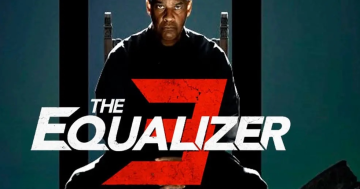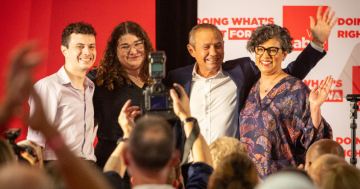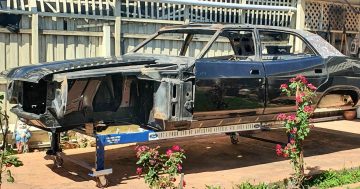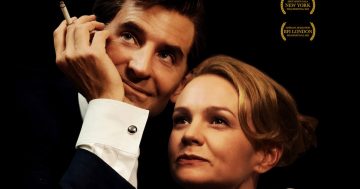Reviewed by Robert Goodman.
By Karen Joy Fowler, Allen and Unwin, $32.99.
 American author Karen Joy Fowler, like may of her contemporaries has not been unaffected by recent political and social events in America. She began by considering the families of the perpetrators of mass shootings. But in Booth, she seeks to find a way to come to terms with or at least come to grips with a range of modern American issues through the story of its most famous assassin.
American author Karen Joy Fowler, like may of her contemporaries has not been unaffected by recent political and social events in America. She began by considering the families of the perpetrators of mass shootings. But in Booth, she seeks to find a way to come to terms with or at least come to grips with a range of modern American issues through the story of its most famous assassin.
In Booth, Fowler tells the story of the family of John Wilkes Booth, the man who assassinated President Abraham Lincoln in the Ford Theatre in 1865. Booth himself came from what had previously been a famous theatrical family, so there is both explanation and irony to be found in his choice of venue. But this is not the story of the assassination, or even that much of the assassin himself. Fowler’s focus is on three of the Booth siblings – Rosemary, the oldest, his sister Asia and brother Edwin (there were two more living siblings but they are not given point of view chapters). The story starts before John Booth was born and for the most part he is a bit player in the action, although events that affect the family and his differing political views feature heavily. And the aftermath of the assassination, which comes very late in the book, is concerned with its impact on the family by association.
Booth is an interesting history by not always a particularly engaging one. There is some interest to be had in the patchy, alcohol fuelled acting career of Booth senior and the impact that his had on all of the his children. And similarly, the rise of his son Edwin as a famous touring actor. But for the most part, the history of the Booth family seems to be just so much historical detail. There is some exploration of the siblings relationship with John and their falling out during the civil war over the issue of slavery, but it is all seen at a remove.
Fowler leans in hard where the action, or some speech by Lincoln echoes current events, sometimes going so far as to point this out. Speeches by Lincoln on the danger in the rise of demagogues and the rise of the mob are as valid today as they were in the nineteenth century. The acrimonious split in families over presidential actions and policies is something that has been experienced recently. And of course, the lasting legacy of slavery is still in evidence. But while she does not have to try too hard to demonstrate the relevance of her exploration to making sense of current day events, it is hard to see what larger point Fowler is trying to make other than perhaps humans will always be humans.
Booth is a well-researched piece of historical fiction. But the message Fowler is trying to make is often lost in the wealth of detail so that the relevance of much of the action to either the broader themes or for gaining any deeper insight into the Lincoln assassination is lost. This is not helped by the fact that the climax will come as no surprise. And that climax comes so late in piece that the impact of the event on the family of the perpetrator (which Fowler says was the idea that drove the novel) is dealt with almost as an afterthought.
More that 750 more reviews can be found on Pile by the Bed.











